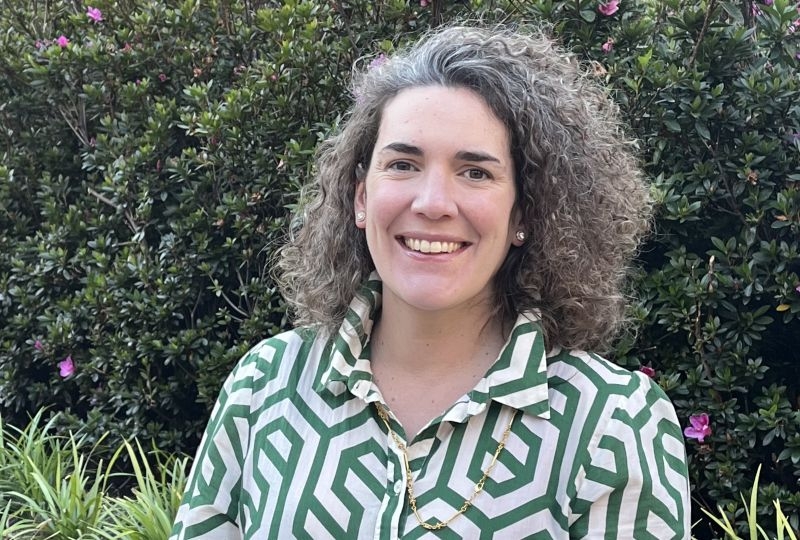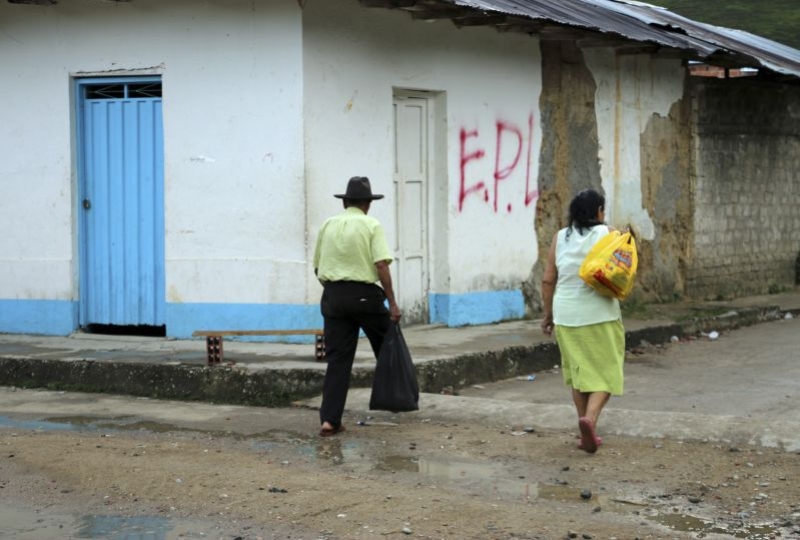I joined ICTJ in 2019 as a researcher on prevention, restorative justice, truth, memory, and reparations. In this capacity, I worked on Colombia’s transitional justice process, providing technical assistance and helping strengthen the capacities of Colombia’s Truth Commission and Special Jurisdiction for Peace, as well as other public authorities, civil society, and ex-combatants.
I have also technically assisted on non-recurrence, memory, truth and responsibility recognition Colombia’s Roundtable for Truth, a civil society network that brings together 30 national, local and exile organizations – as well as the Ex-Combatants Roundtable – another civil society network that includes 30 ex-combatants of the armed forces, the paramilitary groups and seven guerrillas’ groups.
A book chapter on prevention edited by Roger Duthie and a research study on good restorative practices of the Special Jurisdiction for Peace detail this experience and lessons learned in this important transitional justice process.









